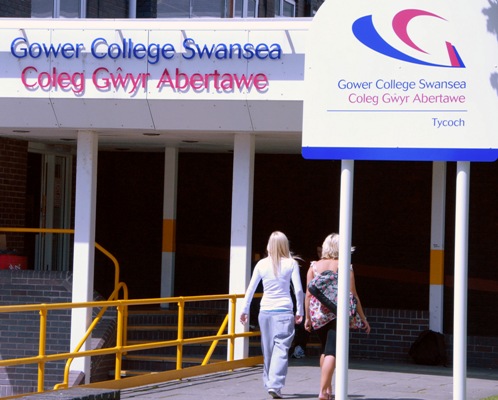 Subscribers Only
People
Subscribers Only
People 
One of the aims of reform to GCSEs is to strengthen qualifications, and enable those who are considered the most ‘able’ pupils to be stretched. Industry and the HE sector both argue that this is important, but there is no real grasp of how we might be able to achieve this whilst maintaining a socially equitable system. Some of the ideas we have heard would result in young people being channeled off, with the most able taking a ‘tougher’ and more ‘stretching’ exam. We know that those who are most likely to be excluded from taking such ‘tougher’ exams will be those from working class backgrounds. We also know that this might then prevent them from going on to study at university, or at least entering those universities considered as ‘leading’.
Therefore it was welcome news that the Welsh Government has no plans to introduce this kind of reform. However, at the same time we cannot ignore the fact that to some degree the principles behind tiering already exist in the education systems of England and Wales. Not only are pupils already grouped according to their levels of ‘ability’, but the different tiers which make up the GCSE exam mean that the grades some young people are able to achieve are already limited. GCSEs are made up of different tiers, including the ‘foundation’, ‘intermediate’ and ‘higher’ tiers. Generally, young people who are entered for the foundation tier in any given subject can’t achieve beyond a grade ‘C’ in their exams, no matter how much effort they put in, and how hard they try. Past research has shown that those most likely to be entered for the lower tiers are those from working class backgrounds. We know that the sorting and separating mechanisms of schools can lead some young people from disadvantaged backgrounds being placed on low tiers and subsequently have their academic success limited. So, to some extent then, whilst Gove’s plans are radical in their shake-up of the system, we already have a system were young people are separated according to what is considered their levels of ‘ability’.
In thinking about how we might change the system, we need to move away from the sorting and separating mechanisms of the past (and to some degree the present). We need a system which does not put limits on young people in this way, because we know that this has consequences for those from disadvantaged backgrounds.
Michael Donnelly is Research Officer at the Bevan Foundation


